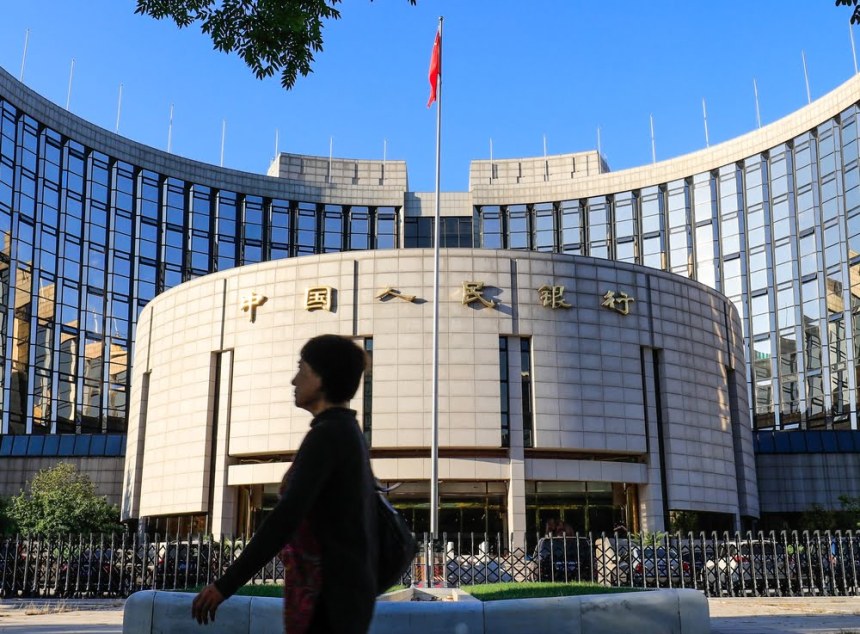Reason to trust

How Our News is Made
Strict editorial policy that focuses on accuracy, relevance, and impartiality
Ad discliamer
Morbi pretium leo et nisl aliquam mollis. Quisque arcu lorem, ultricies quis pellentesque nec, ullamcorper eu odio.
China’s central bank has refuted media reports of it launching a state-backed cryptocurrency, according to Global Times, a government-affiliated news agency.
Refuting media reports of launching a state-backed cryptocurrency in the coming months, #China's central bank termed them as "inaccurate speculation." pic.twitter.com/Sb4tQVPD3G
— Global Times (@globaltimesnews) August 28, 2019
The People’s Bank of China (PBoC) called the coverages “inaccurate speculation,” clarifying that it is not in the process of launching a bitcoin-like token in coming months. The statements follow a day of extensive coverage stating that the central bank would give the first set of digital yuans to a handful of financial players in the Chinese industry.
According to Paul Schulte, former global head of commercial strategy for China Construction Bank, who broke the story to Forbes, those firms include China Construction Bank, the Bank of China, the Agricultural Bank of China, Alibaba, Tencent, and Union Pay.
A separate source associated with the development of the Chinese cryptocurrency further confirmed that the seven institutions would receive it. It also added that PBoC would launch the state-backed digital yuan on November 11, China’s busiest shopping day, known as Singles Day.
Reuters attempted to reach all the seven institutions for confirmation. Alibaba declined to comment, while others did not respond.
Cryptocurrency Almost Ready
The report nevertheless appeared weeks after Mu Changchun, deputy director of PBOC’s payments department, said in a meeting that the central bank is “almost ready” to introduce a sovereign digital yuan. The director added that their digital currency would replace cash in circulation, or M0, rather than money that generates monetary and credit policy.
“The digital currency would also support the yuan’s circulation and internationalization,” Mu said on August 12.
The Forbes report mentioned that the new digital yuan would be made available to spenders in the US and elsewhere in the West through cross-border banking channels. It added that PBoC’s move to introduce a smoother currency flow has to do with the rise of alternative currencies in China. People are typically buying non-sovereign assets, such as bitcoin, to bypass the state-imposed capital control laws. PBoC believes its digital yuan would reduce bitcoin’s influence over its people – and eventually, it’s economy.
“This dual delivery system is suitable for our national conditions,” said Mu. “It can not only use existing resources to mobilize the enthusiasm of commercial banks but also smoothly improve the acceptance of the digital currency.”
Beating Libra
PBoC earlier admitted that it is rushing to introduce its digital currency to mitigate the impact of Libra, a Facebook-backed cryptocurrency project. While the social media giant is now taking a cautious approach after being grilled by regulators and lawmakers around the world, PBoC is looking to take over as the first central bank to launch a digital currency project with finesse.
“China is barreling forward on reforms and rolling out the cryptocurrency. It will be the first central bank to do so,” said Schulte.





















